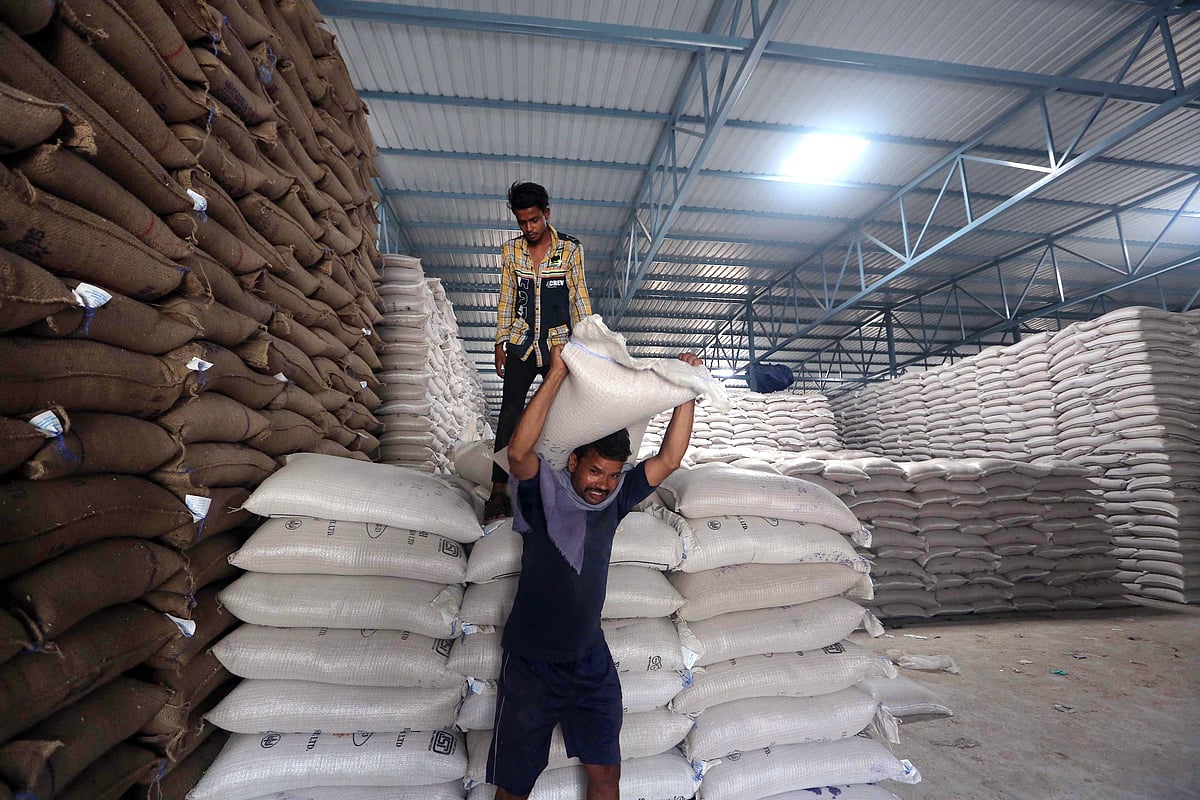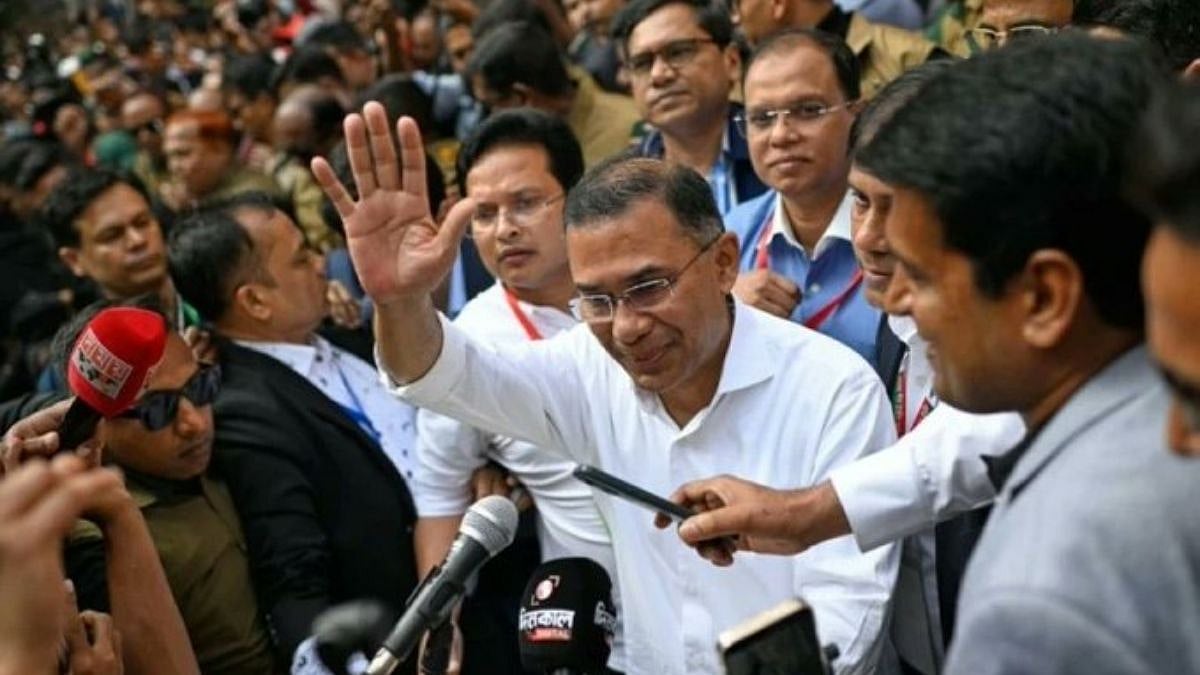The world has been thrown into a fast tumble drier since Vladimir Putin decided that Ukraine must become a part of the Russian nation again. Not that we had enough global cross-currents causing massive turbulence, with the US and its newfound distrust of the rise of China, or Kim Jung-un feeling like a neglected child trying to get the world’s attention with his nuclear missile tests. Now we suddenly realise how deeply connected this new globalised world economy is – that even a relatively unimportant Eastern European country like Ukraine is deeply connected with all sorts of essential commodities worldwide. The top two are oil and wheat. While India seems to have gained access to cheap Russian oil, which Russia now can’t sell to Europe due to sanctions, Russia and Ukraine are the world’s No 1 and 4 top wheat exporters, which has created a bit of a quandary for the Indian government.
First, a little background: Wheat is a staple for most of India and the world as a primary food in the daily diet of billions of people across the planet. So any disruption to the supply of this commodity can lead to massive problems for not only the general population, but by extension, the ruling governments of these countries. India is the world’s second-largest wheat producer after China, with a share of 14.14% of the world’s total wheat production supplying Bangladesh, Indonesia, Afghanistan, the UAE, Nepal, Malaysia, South Korea, Oman and Yemen, etc. This means that a large part of our farmers depends on wheat as a source of income. India has about 60% of its population of 1.4 billion employed in the agricultural sector. So any change in the price of wheat will significantly impact the livelihood of hundreds of millions of farmers across India. This is the first-round effect of the disruption.
The second-round impact is easier to understand. Less wheat produced means more hungry mouths across the planet. And as all governments know, an empty stomach makes an angry voter. So governments that need the votes of their people to stay in power can be assured of massive pressure to rectify the situation. Even non- elected governments like Vietnam or China must keep their populace happy. Civil strife is not suitable for them either. This has led to a robust global reaction, from banning exports and raising tariffs to special deals between countries – like exchanging wheat for oil – causing all sorts of problems. Basic economics teaches us that taxes are bad and that the free trade flow between countries is the most beneficial arrangement in a globalised world; each country focuses on producing the goods or services with a competitive advantage. And yet, we see this digression from well- established economic principles. The question we need to ask is – what gives? In our subsequent op-ed, we will discuss the forces at play that cause humans to step away from what seems like basic logic.
Finally, we will share our thoughts on whether this behaviour is good or bad for governments and their people and if there are alternative ways to address this complex issue.









